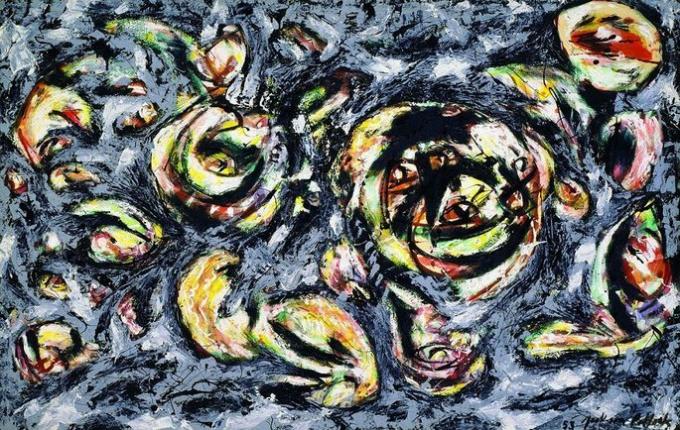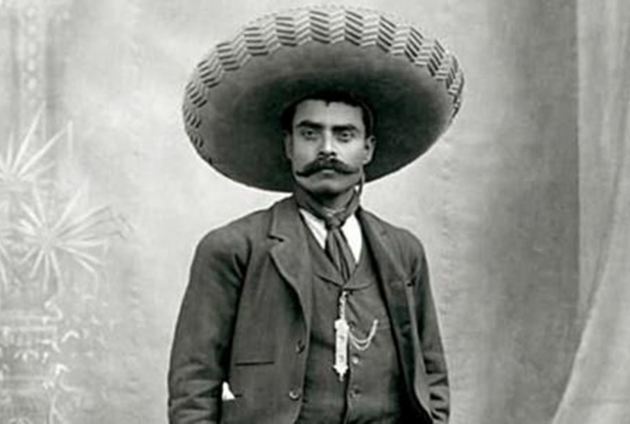Euclid of Alexandria was a Greek writer and perhaps the most important mathematician in Ancient Greece.
Considered the "Father of Geometry”, he directly influenced the studies of light, sound, navigation, among others. His production is so vast that there are doubts about the authorship of some of his works.
From the Greek, the name Eukleids, means “renewed” or “glorious”.
Biography

Born during century III a. C., Euclid has a history full of gaps and little known.
It is not known for sure his place of birth and death, but only that he lived during the reign of Ptolemy Soter (Ptolemy I – between 323 a. Ç. and 283 a. Ç.). What little is known is attributed to Proclus and Pappus of Alexandria, who wrote about Euclid centuries after his death.
He is believed to have been educated in Athens but lived and died in Alexandria, Egypt. There he taught mathematics at the “Royal School of Alexandria”, an Academy newly founded by Ptolemy.
It is worth mentioning that his Euclidean precepts are studied and taught to this day and there is a statue in his honor in the Oxford University Museum.
Understand more about the Ancient Greece.
Euclidean Thought and Main Works
The term "Euclidean Geometry” is used in distinction to all non-Euclidean geometry. Most of Euclid's knowledge is produced from a small set of simple axioms.
Thus, he defined space as geometric, symmetrical and unchanging. In addition, he contributes to the formation of knowledge in plane and spatial geometry, theory of proportions, arithmetic and algebra.
It is attributed to this thinker:
- the method for evaluating the greatest common divisor between two or more numbers;
- the infinity theorem of prime numbers;
- the rule for finding perfect numbers;
- the method for adding numbers in geometric progression.
Finally, we must highlight his masterpiece, "Stoichi" (The Elements), written in 13 volumes.
The first translation of this set was into Arabic, in 774. Since it was published in Latin, in 1482, this work has had more than a thousand editions.
So, "The elements” is a treaty that orders the existing compilations, as well as perfecting the work done so far.
For this purpose, Euclid uses the works of Pythagoras, Thales, Plato and other authors of his time. Thus systematizing all this knowledge and, with that, filling several gaps.



